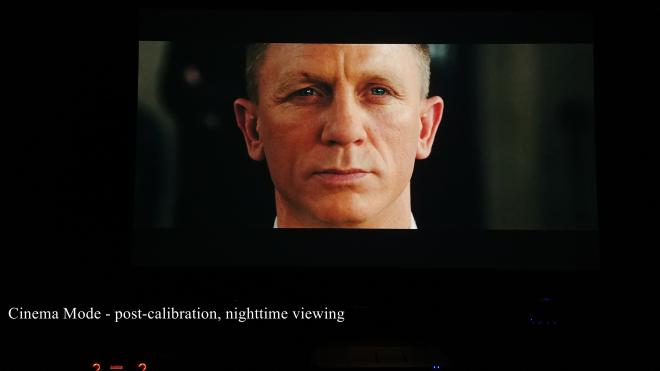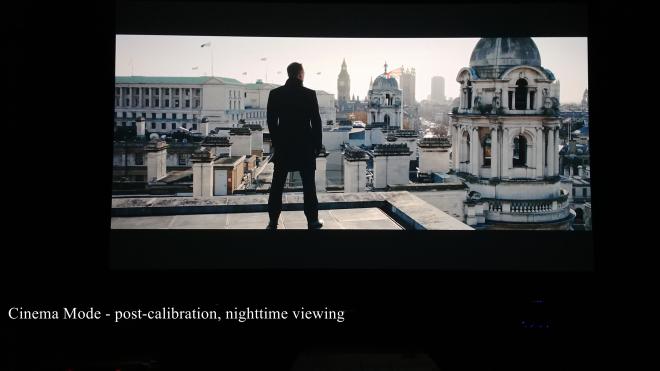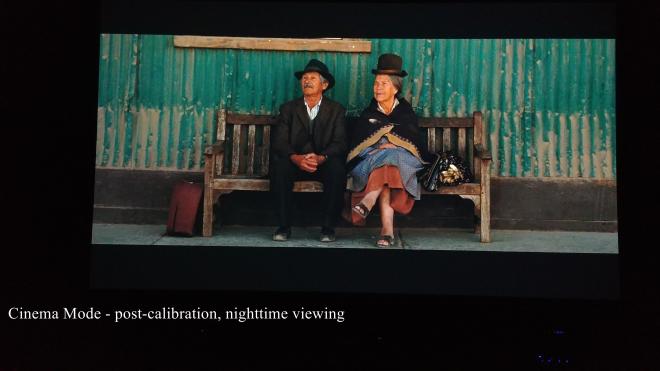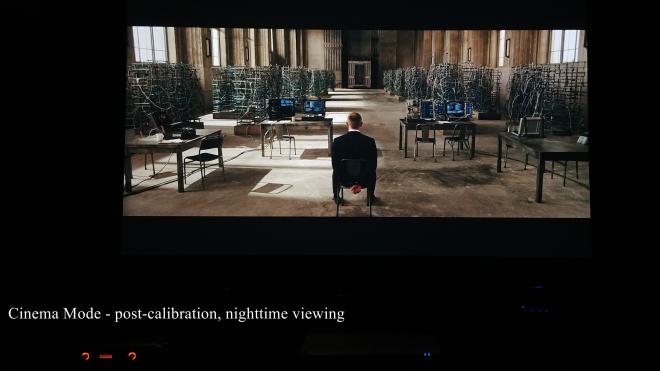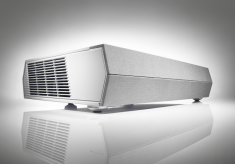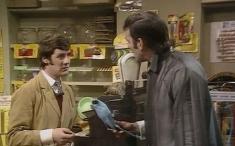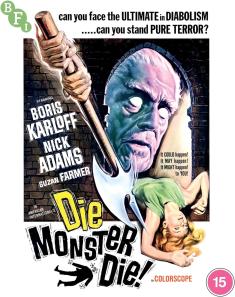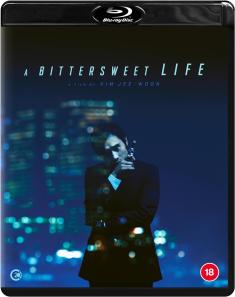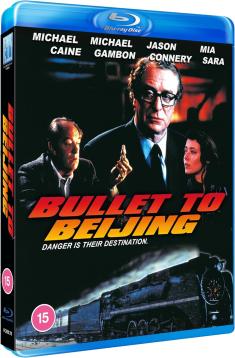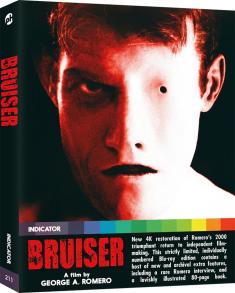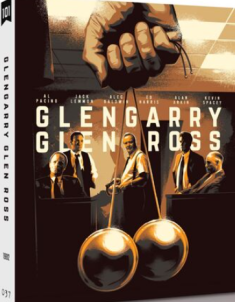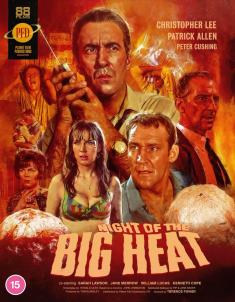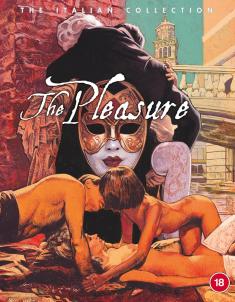Epson Home Cinema LS100 3LCD Ultra Short-throw Projector
Overview -Overview - Delivering a bright and sharp image right out of the box, the Epson Home Cinema LS100 projector yields a satisfying picture during daylight hours, as well as for nighttime viewing. With a laser light diode, removing the need to ever replace a bulb, the machine delivers an extraordinarily vivid image with excellent contrast and black levels, and the ultra-short-throw means owners can project a 100" diagonal display from about 10" away from the wall. The price tag of $3,000 might deter some, but others wanting to enter the projector game without the added hassles will find the LS100 very tempting, and after spending some with it, I would say it's definitely Worth A Look.
INTRO
One of the more challenging aspects of purchasing and owning a projector is managing lighting. Some enthusiasts build dedicated rooms where the lights can be completely controlled. The average consumer, however, only has access to the living room or family room to set up their HT system, rooms with big windows and lots of sunshine, which would require purchasing UV-blocking curtains. And even then, ambient light could still seep into the room and possibly affect the picture quality, meaning one would still have to wait until the evening hours to fully enjoy their projector.
For movie night with the family, waiting until after dinner is part of the fun, everyone sitting together in the dark to watch the latest release. But when inviting friends over for the big game in the middle of the day, watching on the biggest screen possible can turn one's house into a major event, the place everyone will want to return. Heck, sometimes, movie fans just want to sit back and relax to a brainless popcorn flick in the afternoon on the big screen as well. And it's in these particular situations Epson believes they have the solution to this sometimes-frustrating challenge, for those HT enthusiasts who desire enjoying their projector at any hour of the day.
Last year, Epson introduced the Home Cinema LS100 projector, a rather bulky-looking ultra short-throw machine that isn't all that pretty to look at but delivers a satisfying picture when the lights are on. And by ultra-short, the company really means ultra short. Placed on the top of an entertainment center or a small table below the screen, the projector can display a 100" diagonal image in full 1080p HD resolution from about 10" away. One of the major advantages is eliminating the need for long cables running through walls or along the floor. And on top of that, the risk of shadows from people walking across the room is completely gone.
With an MSRP just under $3,000, the machine falls on the pricier side of things, considering the current rage for 4K Ultra HD Blu-rays. Then again, with true 4K projectors either beyond most consumers' price range or falling short of matching the quality of a similarly priced flat-panel displays, the LS100 is a highly tempting option for producing the theater experience at home without the added hassles, including a laser light-source that could last up to ten years. Powered by Epson's own polysilicon TFT active matrix technology, which is a fancy, innovative 3LCD display scheme, it promises 4,000 lumens of brightness and up to 2,500,000:1 contrast ratio, which should translate to a brilliant image, vivid colors and excellent black levels.
After spending some time with it, I must say I was pleasantly surprised by Epson's LS100. Although it's at the top of its game at night and in complete darkness, the lamp-free projector consistently delivered a great picture in a variety of lighting conditions straight out of the box and noticeably improved after a more detailed, comprehensive calibration.
SPECS
(Courtesy of Epson.com)
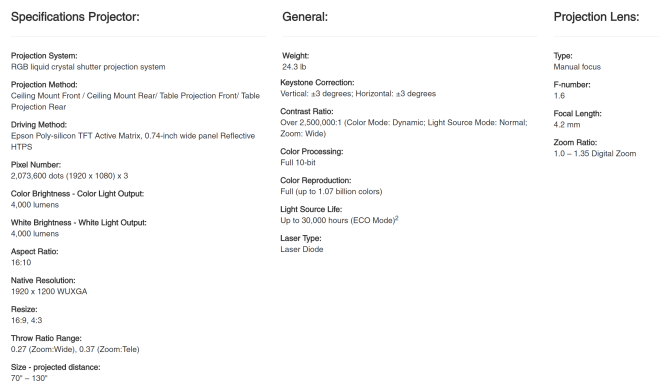
INSTALLATION & SET UP
Measuring 19.4" x 17.2" x 7.4" and weighing in at just under 25lbs., the LS100 is not exactly compact, making it somewhat problematic for those with limited space. In spite of its bulkiness, however, the projector is rather handsome with its lightly-textured, black matte finish and could make for an attractive piece atop one entertainment furniture, either above or just behind the center channel. In my particular setup though, the screen comes down about an inch above the speaker, so I placed the projector just below it on a small table.
Of course, this made it really stand out, due to certain limitations in my room. Had I a bit more time to make more serious changes and move a few things around, I'm sure I could have easily accommodated the machine and made it feel right at home. Nevertheless, it complemented the rest of the setup nicely, which is largely all black with black walls and furniture all around, without being an eyesore. From about a foot away from the screen, I had a 94" diagonal image. It wasn't a perfect geometric picture, of course, and adjustments had to be made.
Thankfully, the LS100 comes with the usual lens control feature of other Epson projectors where one can manually adjust the individual corners of the image for achieving an exact centered rectangular shape, similar to the keystone correction. With an incredibly short throw ratio between 0.27 to 0.37 and a digital zoom ratio of 1.0 to 1.35, this is a nice feature to have for correcting any possible distortion, though doing this could potentially introduce other image issues. Still, it can be done via the included remote or the button panel on the right side. Next to that is the manual focus control, which is a small lever immediately to the left of the air filter, requiring one to open the cover in order to sharpen the image.
At first, much of this seemed somewhat frustrating and time-consuming, but in hindsight, it really wasn't a big deal and was fairly easy to set up. I can imagine anyone projecting onto a flat, matte-white wall experiencing far less trouble. After making the necessary adjustments along with the lens shift to fit my screen, I ran a test pattern to bring everything into sharp focus. Another cover on the left-hand side hides a trio of HDMI 1.4 inputs (HDCP 1.4), one of which supports MHL, and accessible along the bottom. The projector also supports 10-bit video processing, but the display is still limited to 1080p and is not 3D capable. The other connections include three 3.5mm stereo jacks, two computer VGA ports, one composite video jack, a LAN port, one RS-232C input and a trio of USB ports.
With everything connected, one short HDMI cable from my Denon 7200WA receiver, I started enjoying some HD goodness in the middle of the day with the curtains wide open. The first thing that immediately became apparent when powering up was the loud fan noise. This likely has to do with the projector defaulting to "Dynamic" settings and power consumption set to "Normal." After switching to "Bright Cinema," fan noise to "Quiet" and power to "ECO Mode," which reportedly extends the laser diode light up to 30,000 hours, noise is a tad more tolerable when watching a movie with lots of action. However, it was still loud enough to be heard from my seating position about nine feet away, and this could potentially deter some. And after some time, it's easy to ignore and forget.
PERFORMANCE
Out of the box, the LS100 delivers a good picture with excellent grayscale and gamma, displaying strong blacks and bright whites. Dynamic mode, of course, produces a brighter picture, but when testing the levels, they were all over the place. Bright Cinema tracks much better, and when letting the sunlight in, the video remained nearly as good. Not great, but it's satisfying enough for casual viewing and close enough to adjust the settings using common HD calibration discs, such as Disney WOW or DVE HD Basics.
The only (daytime) complaint is the colors, which are not terrible but are also not as strong as the contrast and brightness. This is especially true when watching during daylight hours because naturally, the image will appear flat and more washed out. When kicking things off with Cosmos on Netflix streaming, the video, as seen in the picture above, looks nice and holds up decently well, all things considered, and the shadows details in Neil deGrasse Tyson's suit are superb while the highlights around the astrophysicist's face are sharp and tight. But notice how the reds glow more of a fiery orange hue, especially along Netflix's familiar status bar along the bottom of the screen. Things noticeably improve when darkening the room or watching at night, as seen in the picture below, where the status bar seems redder and the sky shines a lovely blue.
We continue to encounter the same issue when watching a Blu-ray disc through my Oppo UDP-203. Given its animated color palette, I sat down to enjoy Luc Besson's The Fifth Element in the middle of the day with the curtains open, and I must say I was pleasantly surprised. Again, for casual viewing and for most consumers, the picture quality is more than satisfying straight out of the box and with some basic calibration tweaks. While still in Bright Cinema, the image holds up extraordinarily well, maintaining great contrast in the forefront and excellent blacks in the background while details are incredibly sharp and distinct. Leeloo's orange hair has a nice pop to it, but Dallas's green flight jacket seems a tad off and the weird art piece to the left of the screen is supposed to be a vivid cherry red.
When trying to do a more in-depth calibration, to better dial-in the color space and grayscale, it becomes apparent that the LS100 is not designed for more serious projector enthusiasts. The projector features a pretty basic white balance and color correction menu selection which, for the average consumer, makes for a very easy setup. Those wanting to perform something a little more comprehensive, on the other hand, will be slightly disappointed and perhaps even feel limited for getting the very best from the projector. Nevertheless, some minor adjustments and improvements to saturation levels can be made, delivering a better picture overall.
In a darkened room and after a more detailed calibration, Cinema picture mode provides the best results with outstanding flesh tones, more spirited reds, richer greens and livelier cyans. For the sake of comparison, I'm using the same freeze-frame pics of The Fifth Element. Again, the picture quality out of the box is actually quite satisfying in this mode with curtains closed or at night. Colors are a bit more dynamic and glowing, which again can be seen in Leeloo's hair. However, black levels are not the strongest, looking somewhat murky and faded while Dallas's jacket seems dull. After calibration, the image dramatically pops with more energy and animation, delivering a far better and more pleasing presentation. The individual pores in Milla Jovovich's face are plain to make out, Dallas's jacket is a dark army green and the weird art piece in the background is passionate red.
FINAL THOUGHTS
Pros
- Sharp imagery during daylight hours
- Laser light source with up to a 10-year lifespan
- Easy setup and use
- Ultra-short throw for rooms w/ limited space
- Strong contrast & brightness out of the box
Cons
- No 3D and not 4K HDR compatible
- Limited placement options for dedicated rooms
- Noisy fan
- Unavailable in-depth calibration features
- Not the most attractive price point for projector
Designed for the first-time projector buyer, the Epson Home Cinema LS100 is a plug-n-play, set-top device that can project a 100-inch diagonal 1080p HD image from 10-inches away from your screen or wall, and you won't ever have to change out a bulb. Even better, it displays an excellent picture quality in the middle of the day with the curtains open as sunshine filled the room. And it does all of this right out-of-the-box, without requiring extensive calibration (although a basic calibration improves performance and is worth doing).
Conversely, the LS100 doesn't quite compare to the quality of a flat-panel set, there's no 3D or 4K HDR capability, and in-depth calibration isn't really possible, which may frustrate more serious enthusiasts. Then there's the $3000 MSRP, which is on the high side, although there are no similarly-sized TVs at this price point.
In the end, the Epson Home Cinema LS100 projector is Worth a Look for those wanting to enter the HD projector game, but have been holding back because of ambient room brightness and/or the added hassles and expenses that come with placing a projector at the rear of a room.
The following pictures are more after calibration in Cinema Mode and a darkened room.
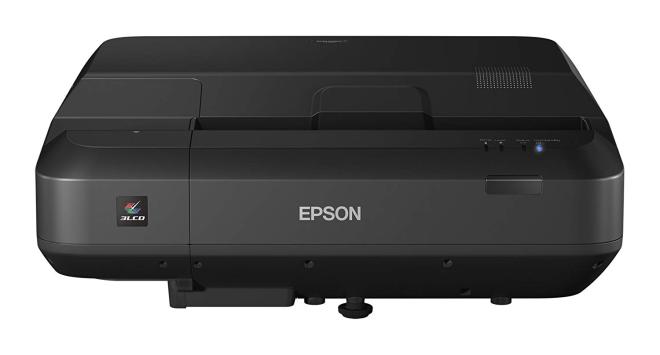
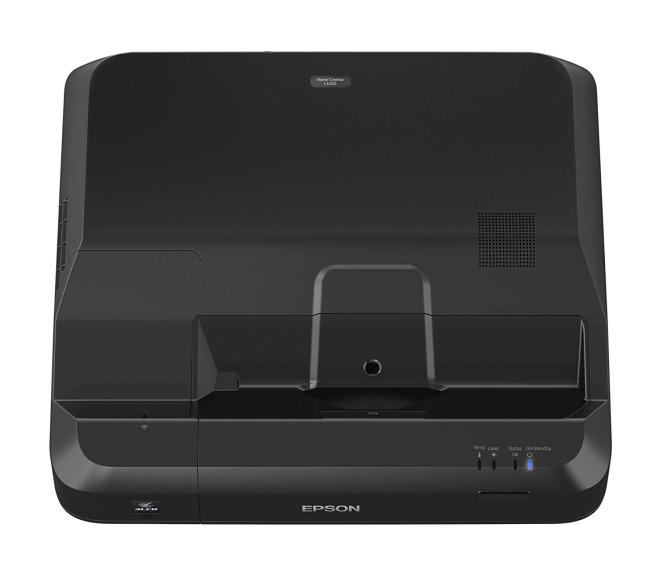
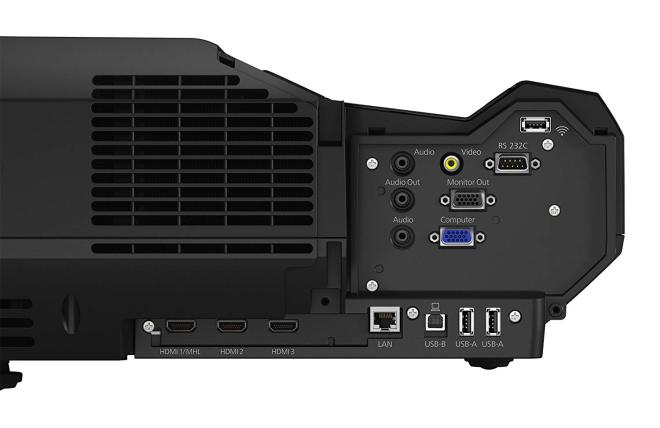
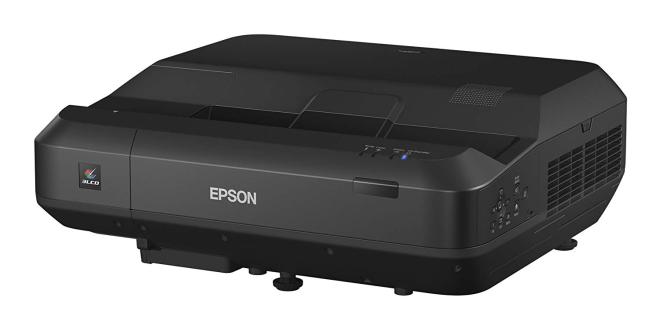
.jpg)
1.jpg)
.jpg)
1.jpg)
1.jpg)
1.jpg)
